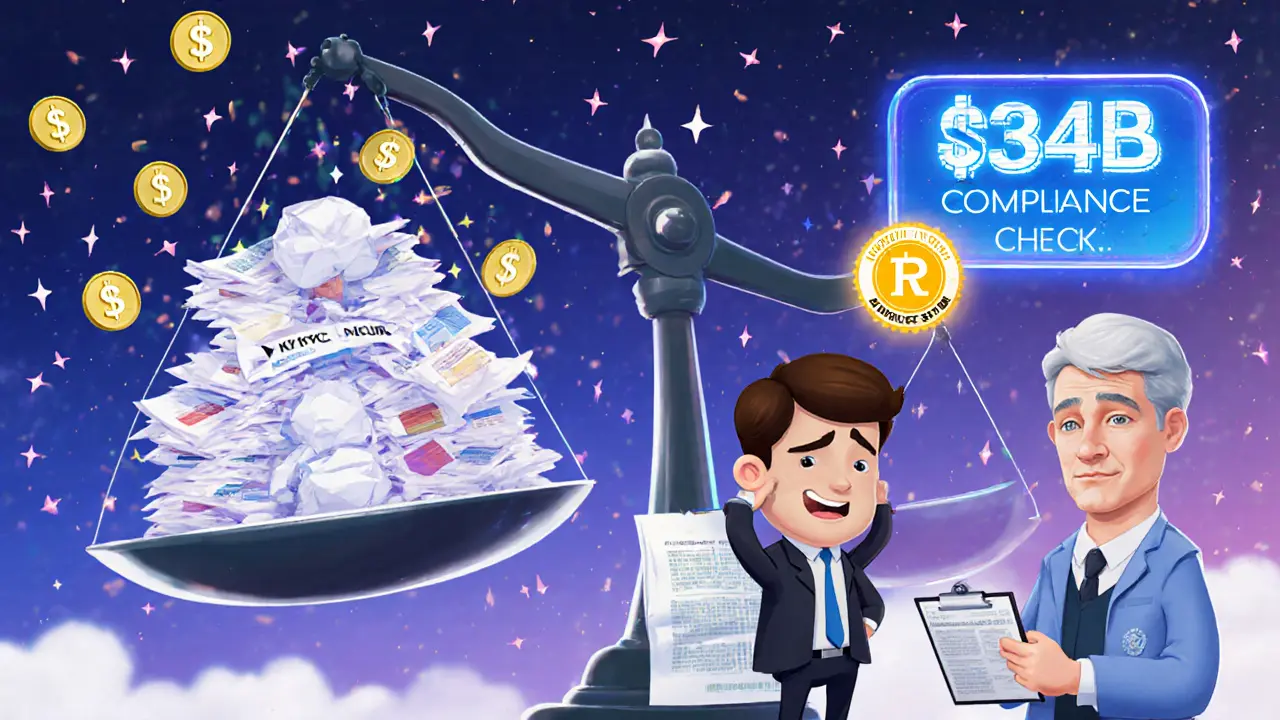KYC Violations: What Happens When Crypto Exchanges Break the Rules
When a crypto exchange skips KYC violations, failures in verifying user identities that open the door to fraud, money laundering, and regulatory crackdowns, it’s not just a policy mistake—it’s a red flag that could cost you everything. KYC, or Know Your Customer, isn’t bureaucracy—it’s the line between a platform you can trust and one that vanishes overnight. Exchanges that ignore it don’t just risk fines; they risk their entire existence. Look at Bitsdaq or EtherMuim—both shut down after failing to meet basic compliance standards. Their users didn’t just lose access—they lost their money.
These KYC violations, failures in verifying user identities that open the door to fraud, money laundering, and regulatory crackdowns often go hand-in-hand with other warning signs: no clear headquarters, hidden team members, or fake customer support. Play Royal Exchange and Rokes Commons didn’t just skip KYC—they built their entire model around avoiding it. That’s not innovation. That’s a trap. When regulators step in, as they did in Indonesia and Tunisia, the platforms disappear. Users are left with no recourse. Even if you think you’re trading anonymously, your funds are still tied to a platform that could be breaking the law—and you’re the one holding the bag.
It’s not just about big exchanges. Even small DeFi platforms like Mangata or DeDust need to follow basic rules, even if they claim to be "decentralized." If they’re handling user funds, they’re still subject to AML rules. Ignoring KYC doesn’t make you free—it makes you vulnerable. The AML rules, anti-money laundering regulations that require financial platforms to verify users and monitor suspicious activity exist for a reason. They don’t stop innovation; they stop criminals from using crypto as a hiding place. And when exchanges ignore them, they drag the whole industry down.
You don’t need to be a lawyer to spot a problem. If a platform asks for your ID one day and ignores it the next, if they don’t explain how they protect your data, or if they’re listed as unregulated by multiple watchdogs, walk away. The posts below show real cases: exchanges that vanished, tokens that became worthless, and users who lost everything because they trusted the wrong platform. These aren’t hypotheticals. They’re lessons written in lost funds and broken promises. What you’ll find here isn’t just a list of bad exchanges—it’s a guide to recognizing the patterns before it’s too late.
$34 Billion Potential Penalties for Korean Crypto Exchange Upbit Over KYC Failures
Upbit, South Korea’s largest crypto exchange, faced potential $34 billion fines for failing to verify half a million users’ identities. The crackdown exposed systemic KYC failures and triggered global compliance reforms.
- 23
- Read More
